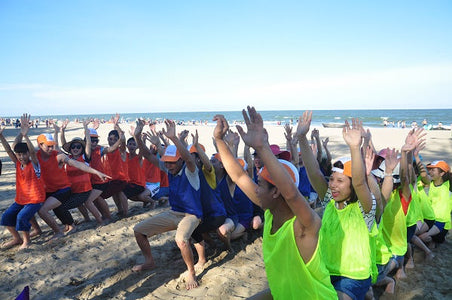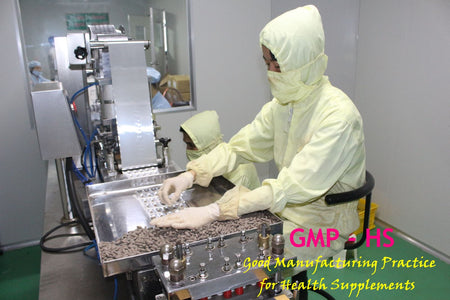RSV is the leading cause of respiratory illness in children.
In Vietnam, up to 90% of children are at risk of infection with Respiratory Syncytial Virus (RSV). This is one of the leading causes of respiratory diseases in young children. Most children are susceptible to this virus between the ages of 2-3 years old during the RSV epidemic season from November to April, when the virus is most active. In most cases, children only have mild infections and do not need medical intervention.

Characteristics of respiratory syncytial virus (RSV)
Respiratory syncytial virus (RSV) is a single-stranded RNA virus, approximately 65–300 nm in size, sensitive to ether and has a structure similar to that of parainfluenza and measles viruses. RSV has all the essential properties of the Paramyxoviridae, except that it does not cause hemagglutination or hemagglutination, and is unable to replicate in chicken embryos. RSV is rapidly inactivated at pH 3.0.
Respiratory syncytial virus (RSV) replicates in some primary cell cultures such as human diploid cells, monkey kidney cells, and permanent cell cultures such as Hela, Hep-2, etc. In virus-infected cell cultures, syncytia, giant cells, and some cultured cells are round and degenerate separately.
RSV can be spread through direct contact from:
- Nasal and throat secretions of the patient
- Open tissues, exposed surfaces, clothing and toys of the patient
- The patient's hands were not washed properly.

Symptoms:
- Stuffy or runny nose.
- Mild sore throat.
- Earache.
- Fever.
- Shortness of breath.
How to prevent
Currently, there is no effective antiviral therapy or early preventive vaccine, but maternal vaccination is considered a solution to provide RSV antibodies to young children.
To prevent RSV infection, parents need to:
- Do not expose children to cigarette smoke. Cigarette smoke increases the risk of infections.
You can help prevent the spread of RSV by taking the following steps.
- Wash your hands with soap and water or use an alcohol-based hand sanitizer.
- Cover your mouth when coughing or sneezing with a tissue and throw it in a closed bin after use.
- Avoid kissing or close contact with your baby when you are unwell.
- Do not come into contact with a premature baby being cared for in the hospital if you have a cough, sneeze, runny nose or fever.
- Limit your child's exposure to crowds and people with the above symptoms, especially during RSV season.
- Clean surfaces that all family members often come into contact with in the house, do it more often during the epidemic season. And most importantly, always pay attention to strengthening children's resistance.
Respiratory syncytial virus is the leading cause of respiratory diseases for which there is currently no specific treatment. If not treated promptly, it will cause complications that affect the child's health later on. Therefore, parents should take appropriate measures to prevent their children and take them to medical facilities when their symptoms become more severe.









